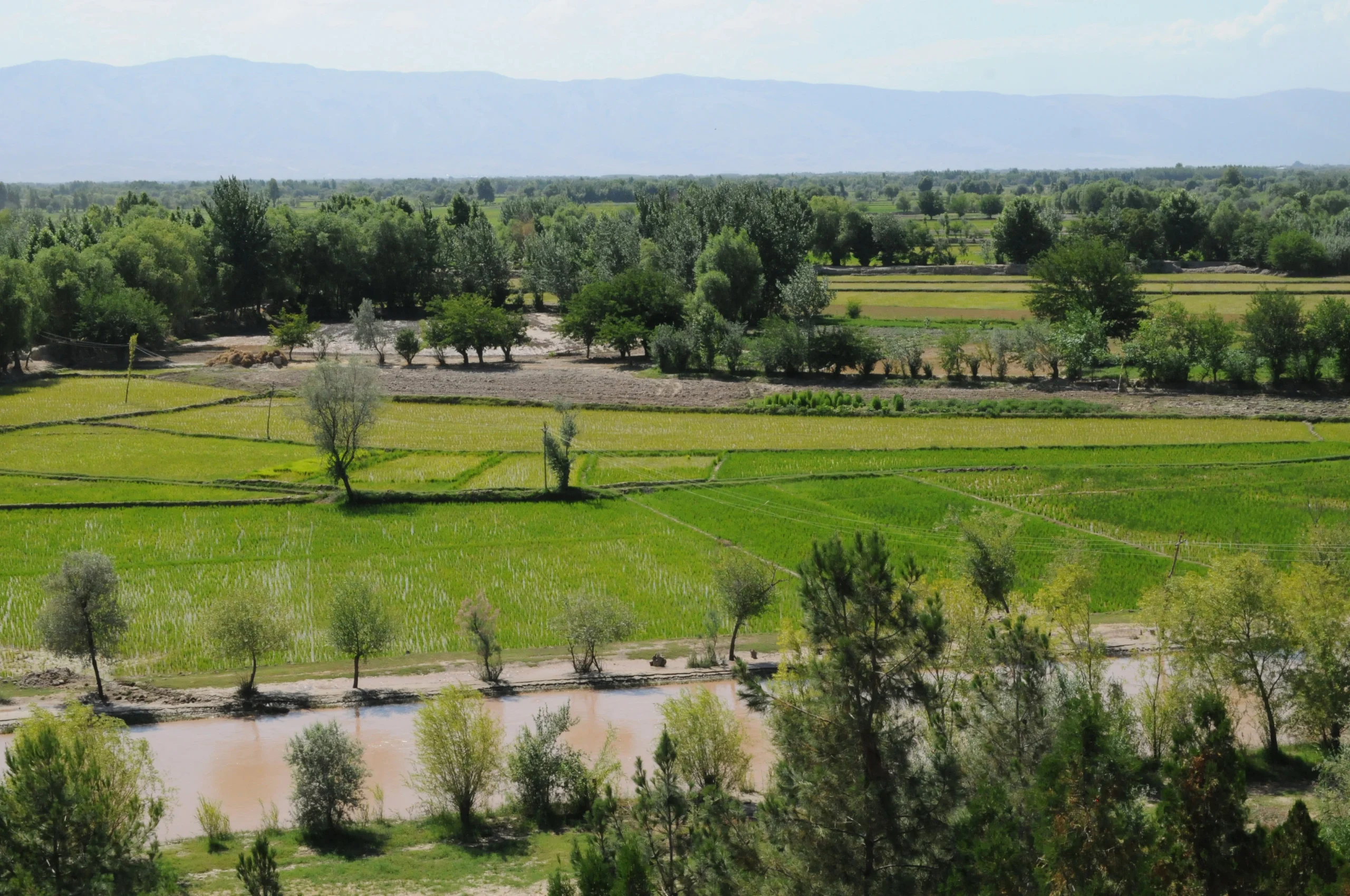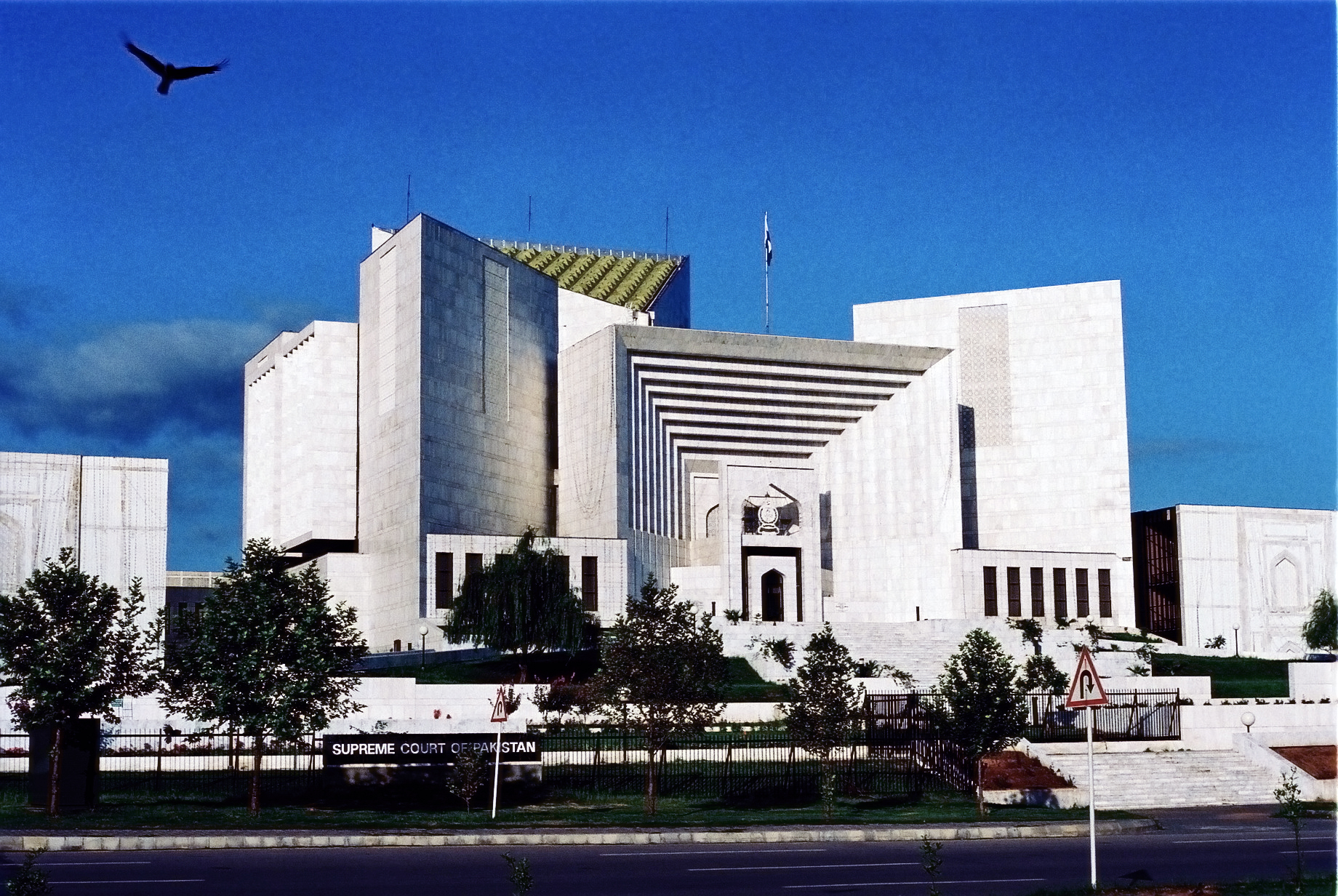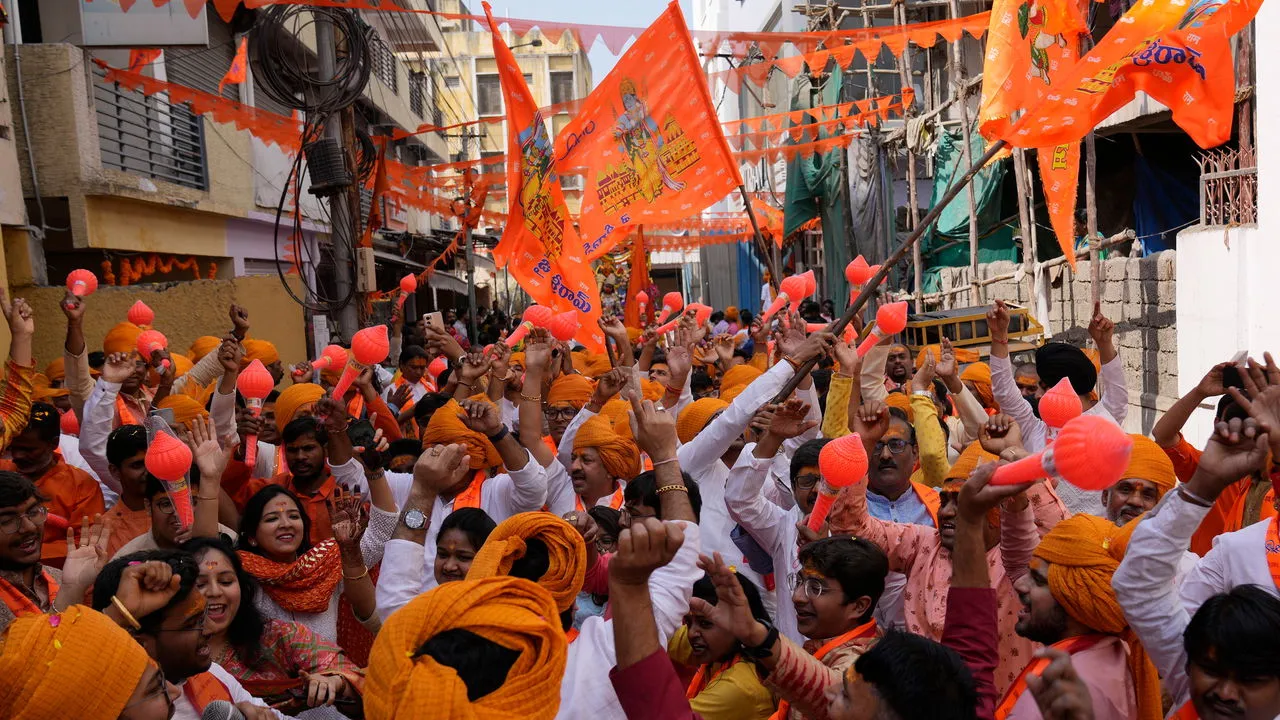What is happening?
The website for Fridays for Future (FFF) India, a student-led climate action movement inspired by 17-year-old Swedish activist Greta Thunberg, has been blocked.
The Delhi police also charged the group under an anti-terrorism law. After complaints by an environment minister that he got too many e-mails from the FFF regarding draft environment rules the government is seeking public responses for. After a public outcry, the police said the charge was \”inadvertently\” sent and filed a new one under the Information Technology Act.
Two other environment collectives also blocked were, Let India Breathe and There is no Earth B.
Response by environmentalists
All three green groups have been mobilizing people online in opposition to a draft Environment Impact Assessment (EIA) notification, which environmentalists oppose heavily. The website blocking and police charges are further obstructing democratic engagement, they say.
\”We feel let down by seeing the discourse stoop to this level. We want the government to be transparent, and together we can fix things. A fragile or polluted ecosystem will not make for a good business environment,\” said Mr. Yash Marwah, a Mumbai-based writer and member of Let India Breathe.
The crux of the conflict
The Environmental Impact Assessment was first notified in 1994, under India\’s Environment (Protection) Act, 1986. It provides a legal framework for safeguarding forests, rivers, the air, and soil from industrial and infrastructure activities that might access, use, or pollute them. Every industrial project is required to go through the EIA process and obtain environmental clearance before it initiates. The new 2020 rules involve less scrutiny. Approved projects will get clearance permits for longer durations. Moreover, projects that have violated environmental rules can continue operations after paying a fine. Activists fear that this will weaken already fragile environmental protections.
The present and the future
\”The 2020 draft is more regressive than the 2006 version it seeks to replace, and just wants to legalize destruction and pollution,\” said Ms. Bhavreen Khandari, who works closely with FFF. Moreover, the Delhi police said it lifted the suspensions on July 16. However, the websites are still inactive under some Internet service providers.





